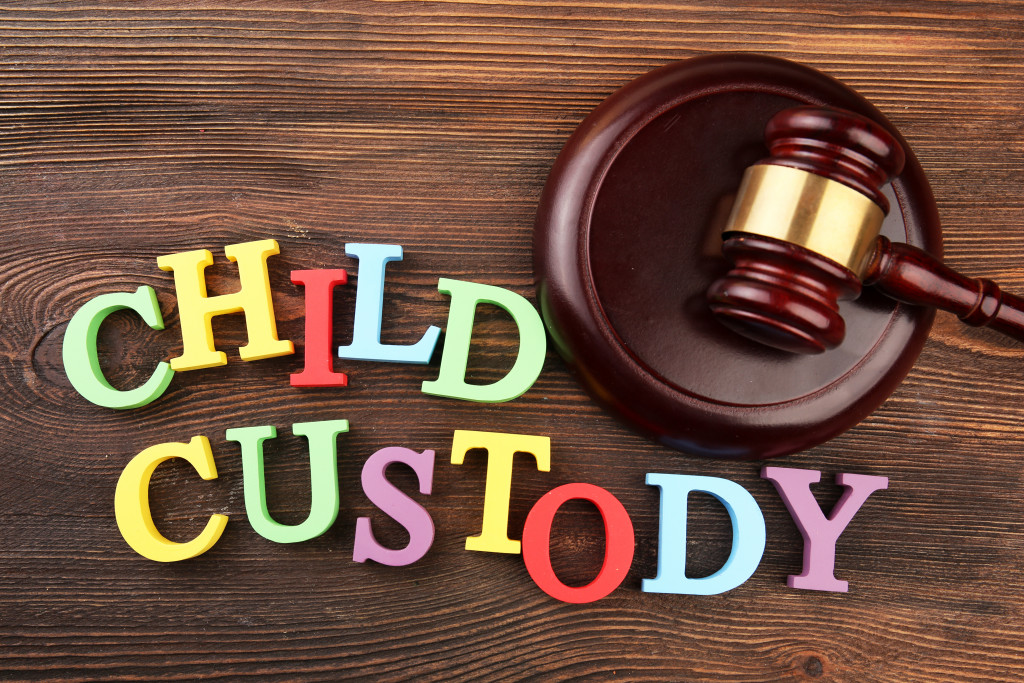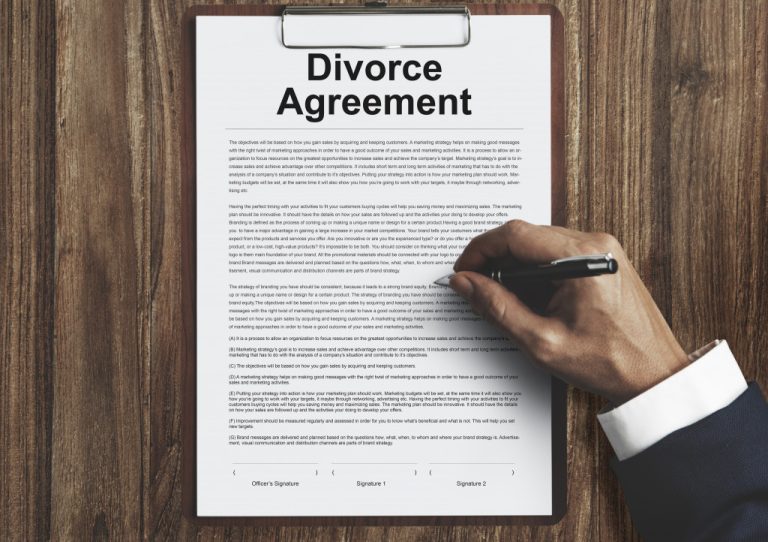- Equal parenting rights in divorce guarantee children meaningful relationships with both parents, contributing to their holistic development.
- An equal parenting setup significantly reduces conflict by establishing clear, shared parenting responsibilities.
- Promoting equal parenting rights challenges traditional gender roles, fostering a more balanced perception of gender roles.
- Equal parenting involves effective communication and respect for diverse parenting styles and prioritizes the child’s needs.
Divorce can be a challenging and traumatic experience for both parents and children. One of the most significant issues that arise in a divorce is determining child custody and visitation rights. Traditionally, family courts have awarded primary physical custody to one parent, typically the mother, while the other parent is given visitation rights. This arrangement often diminishes the role of the non-custodial parent and can lead to inequalities in parenting time. However, over the years, many have advocated for equal parenting rights as a solution to this problem. This article will discuss the importance of promoting equal parenting rights in divorce and how it can benefit both parents and children.
Ensures a Child’s Right to a Meaningful Relationship With Both Parents
Promoting equal parenting rights in divorce proceedings ensures that children maintain a meaningful relationship with both parents. This is vital as both parents play unique and integral roles in a child’s development. Equal parenting rights allow children, even in the aftermath of a divorce, to benefit from the love, care, and support of both parents. Here are some factors to take into account:
A Child’s Developmental Needs
A child’s developmental needs are multifaceted, encompassing physical, emotional, and cognitive aspects. In an equal parenting setup, children are afforded the chance to learn from both parents’ strengths, skills, and perspectives. This broad exposure contributes to their holistic development. For instance, one parent might excel at nurturing emotional intelligence, while the other may foster problem-solving skills or physical prowess.
Equal Parenting Reduces Conflict
Equal parenting can significantly reduce conflict and tension between divorced parents. With clear, pre-established guidelines and shared responsibilities, there is less room for disagreements and power struggles over child-rearing decisions. This more harmonious environment not only benefits the parents but also creates a more stable and peaceful atmosphere for the children.
Promotes Gender Equality
Promoting equal parenting rights not only benefits the child and the parents but it also helps promote gender equality. Traditional gender roles often place the burden of childcare predominantly on the mother, while the father is viewed as the financial provider. Equal parenting rights challenge these stereotypes by distributing parenting duties evenly between both parents. This encourages society to see men as capable caregivers and women as effective breadwinners, fostering a more balanced perception of gender roles.

Irons Out the Child Custody Agreement
An equitable child custody agreement is an essential component of promoting equal parenting rights. This is where the expertise of a seasoned child custody attorney comes into play.
They can navigate the complexities of family law, advocate for your rights, and strive to ensure that the child custody agreement reflects the best interests of the child and the principle of equal parenting.
Importantly, an equal parenting agreement goes beyond determining where a child will reside. It also addresses how parents will make important decisions about their child’s upbringing, such as education, healthcare, and religious practices. This ensures that both parents have a say in these crucial aspects of their child’s life.

Encourages Shared Parenting Responsibility
Equal parenting encourages shared parenting responsibility. An equal-parenting arrangement can motivate parents to work together as a team to provide the best possible care to their children. It also ensures that both parents have to be accountable for child-rearing. Here are some tips to follow:
Communicate Effectively
Effective communication is integral to successful co-parenting under an equal parenting arrangement. Both parents should aim to have open, respectful, and constructive conversations about their child’s needs and well-being. This includes discussing daily routines, educational progress, health issues, and emotional concerns. An open line of communication fosters a better understanding between parents, allowing them to make joint decisions that are in the child’s best interest.
Respect Each Other’s Parenting Styles
While differences in parenting styles may be a source of conflict in some cases, it’s crucial to respect each other’s methods and approaches in an equal parenting arrangement. Remember, each parent brings unique skills, perspectives, and values to the table, all contributing positively to the child’s development. Instead of focusing on disparities, try to find common ground and cooperate to find solutions that consider both styles.
Put Your Child’s Needs First
In an equal parenting agreement, it is paramount to always put the needs of the child first. This means prioritizing their emotional, physical, and developmental needs above any personal disagreements or conflicts that may arise. By keeping the focus on the child’s well-being, parents can ensure that all decisions made align with the child’s best interests, fostering an environment that allows the child to thrive despite the divorce.
Equal parenting rights in divorce can improve the lives of both parents and children. It allows for a more balanced and involved relationship between both parents, promoting healthier co-parenting dynamics. It also enables children to maintain meaningful relationships with both parents, which is crucial for their overall well-being and development. By advocating for equal parenting rights, you can strive towards creating a fairer and more equitable system that benefits all parties involved. So, next time you hear someone discussing divorce and child custody, remember the importance of promoting equal parenting rights.
